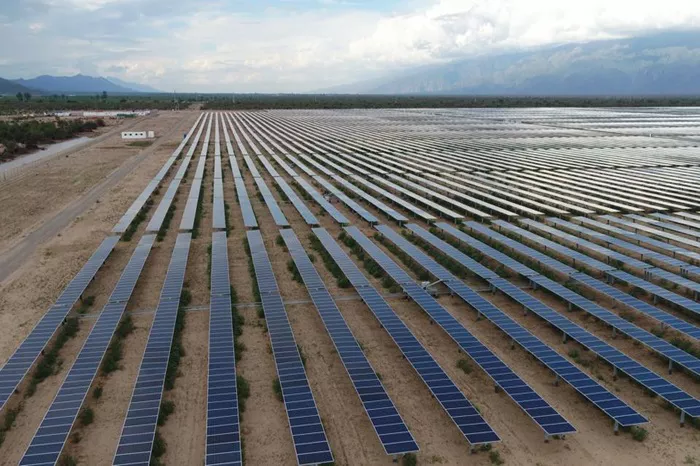Argentina has taken a significant step in enhancing its energy sector by passing the Basis Law, which includes the Incentive Regime for Large Investments (RIGI). This legislation aims to attract substantial foreign and domestic investments into major energy projects, including pipelines and export terminals linked to the Vaca Muerta shale formation. Under RIGI, projects exceeding US$200 million are assured 30 years of legal and regulatory stability, provided that 40% of the investment is made within the first two years. For ventures surpassing US$1 billion, the law offers considerable tax incentives, including exemptions from export taxes after 2-3 years, depending on project size, and import tax exemptions. Additionally, investors will progressively gain access to foreign currencies, starting at 20% after two years and reaching full access (100%) after four years.
The new law aims to foster a supportive environment for investors by providing financial benefits and ensuring long-term project security. This initiative is expected to significantly bolster Argentina’s energy infrastructure, enhancing both oil and gas production and export capacities. The RIGI framework details specific eligibility criteria and advantages for large-scale investments, targeting substantial contributions and development in strategic sectors. Eligible projects can include single-project entities, joint ventures, or special purpose vehicles (SPVs), with a minimum investment threshold set at US$200 million. The executive branch has the authority to set higher thresholds for certain sectors, up to US$900 million. Projects exceeding US$1 billion with potential to position Argentina as a long-term global supplier may be classified as strategic exports and access additional benefits. Investments must be registered within the next two years, with a possible one-year extension granted at the executive branch’s discretion.
In contrast, President Luiz Inácio Lula da Silva’s recent policy shift regarding natural gas in Brazil has stirred both optimism and concern. A new decree empowers Brazil’s oil regulator, ANP (Agência Nacional do Petróleo, Gás Natural e Biocombustíveis), to impose limits on the volume of natural gas that can be reinjected into reservoirs. Currently, much of the natural gas produced alongside oil in Brazil’s offshore fields is reinjected to maintain reservoir pressure and enhance oil extraction while managing the high costs of gas transport. This policy aims to increase domestic natural gas supply and reduce prices to stimulate industrial activity in Brazil by redirecting more gas to the local market.
However, the decree raises potential investment concerns, particularly regarding cost implications for companies such as Equinor, Shell, and Petroleo Brasileiro SA (Petrobras). The new regulations could impact the economics of offshore projects, potentially increasing gas transport costs or altering reinjection practices, thereby affecting project feasibility and profitability. Equinor and Shell are currently assessing how the new rules might influence their multi-billion-dollar offshore investments in Brazil. It is important to note that the decree will apply only to new wells and will not affect existing contracts. The Lula administration prioritizes boosting domestic gas supply and lowering prices as essential for industrial growth, but the new regulatory framework could pose challenges for offshore oil companies, potentially impacting their investment decisions and project viability.
The long-term implications of these policies on the energy sectors in Argentina and Brazil remain uncertain, especially given the recent political shifts in both countries. With fluctuating political leadership over the past decade, it is unclear how future changes in Argentina’s Casa Rosada or Brazil’s Palácio do Planalto might influence these policies. For now, President Milei’s focus is on liberalizing Argentina’s energy market to attract investment and expand infrastructure, while President Lula’s administration continues to emphasize increased state control and regulation to manage energy supply and prices.
Related topic:

